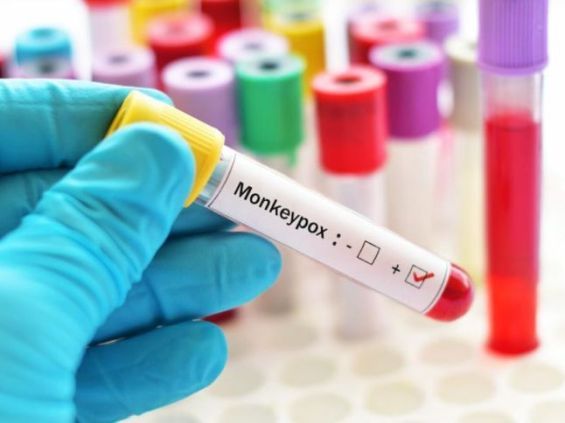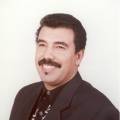On Thursday, September 12, 2024, Morocco's Ministry of Health and Social Protection confirmed a Monkeypox (mpox) case. In a press release, the Ministry stated that the virus had been detected in a patient, as part of the health protocol established after the World Health Organization (WHO) issued its alert. The patient remains stable and is receiving necessary treatment at a medical center in Marrakech.
Dr. Tayeb Hamdi, a doctor and health systems and policies researcher, told Yabiladi that the discovery of this case is «by no means surprising». The new strain of the virus is known for its rapid spread, even outside the borders of the traditionally endemic regions of Central Africa. As a result, «every country in the world» is at risk, «in line with epidemiological logic».
For now, there is no immediate cause for concern in Morocco, but «vigilance is required», emphasizes Dr. Hamdi. «A single case, or even a few cases, should remind us of the measures already recommended by the protocol before this case was detected», he stresses, underscoring the importance of basic hygiene practices. Both citizens and healthcare professionals should «wash hands regularly, avoid contact with individuals showing symptoms similar to mpox until confirmed otherwise, and investigate such cases more thoroughly».
Dr. Hamdi cautions that «we shouldn't wait for hundreds of cases before taking necessary precautions» as these measures are meant «to prevent a surge in cases». The detection of this case, he explains, demonstrates that «the Moroccan health system and its response protocol have worked very well». The purpose of «surveillance and alert» protocols is not to stop the virus from entering a country but to identify «imported cases early and limit secondary infections and local transmission», he adds.
In terms of next steps, Dr. Hamdi highlights the importance of raising awareness and reinforcing prevention efforts, both among the general public and healthcare professionals. These efforts, which bolster the health surveillance system, will be «more than sufficient, especially when coupled with managing detected cases and implementing appropriate public health measures», he adds.
Global efforts to combat the virus
However, the specialist argues that «it's time for wealthy countries, which don't have the virus, the disease, or the epidemic, but do have financial resources, vaccines, and tests, to share these with African countries that are facing the virus and the epidemic but lack sufficient vaccines, tests, or resources to control the outbreak».
Dr. Hamdi remains optimistic, stating that «according to scientific and epidemiological data, it is still possible to prevent a global spread». Earlier, he told Yabiladi about the various measures needed to stop the virus, particularly through «cooperation with other nations in a spirit of international solidarity to halt the disease and reverse its spread».
Although human smallpox was eradicated in 1980, vaccines have been stockpiled in wealthy countries, «primarily to vaccinate healthcare professionals, lab researchers, or those working in high-risk environments». In 2022, these vaccines were used successfully against monkeypox in 85% of cases.
While this has helped curb the spread of the new strain, Africa has been left behind, «which has not helped reduce infections on our continent». For now, antiviral treatments are in use, and others are being tested.





 chargement...
chargement...













